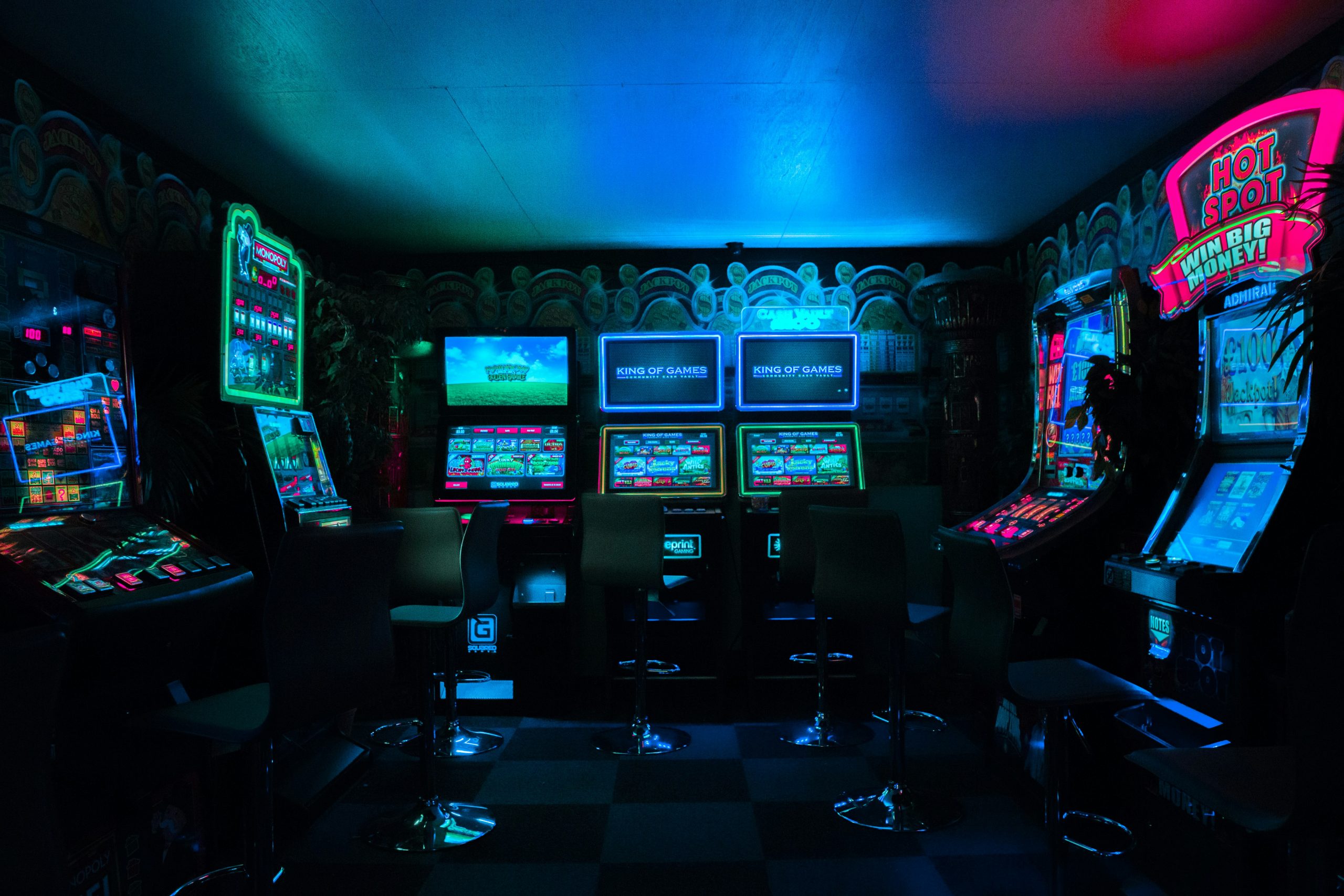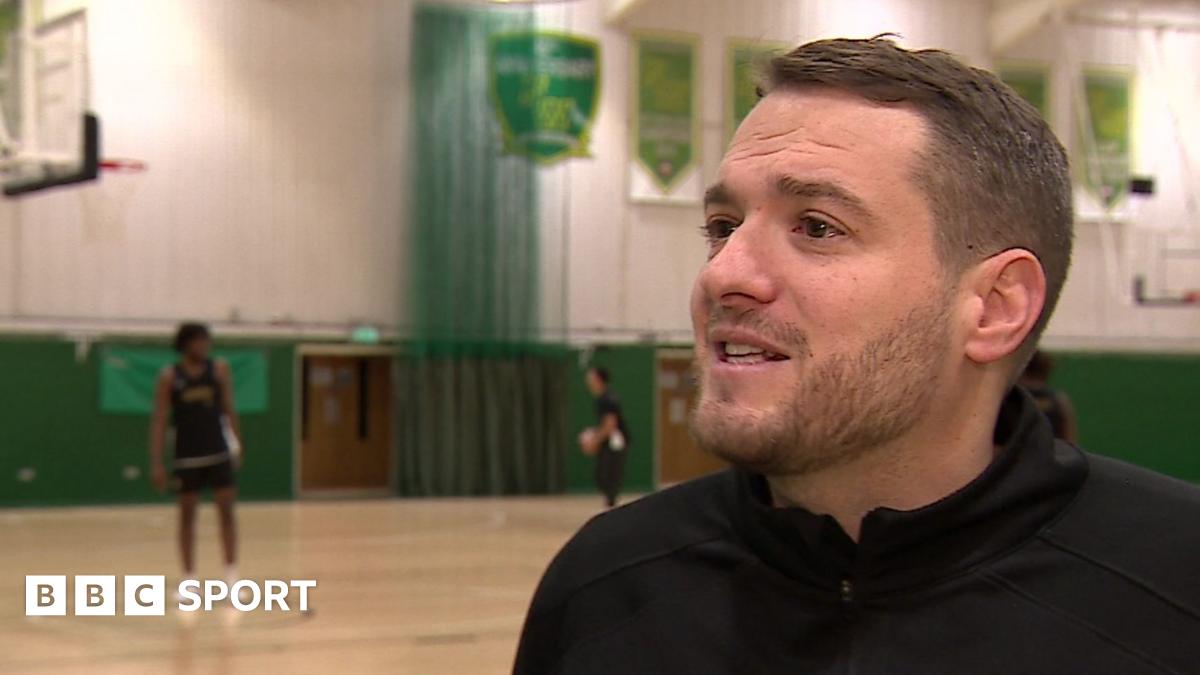Shopping
Tom Shepherd: “Covid was awful, but it helped me build my dream”

Tell us a bit about your background
I started my training in Sutton Coldfield where I’m from originally and have been a chef for 18 years now. I worked as a sous chef at The Samling in the Lake District in 2013 when it was awarded its first Michelin Star before moving to Surrey to be a sous chef for Michael Wignall at The Latymer, where I worked for a year and a half. After that I was development chef at Restaurant Sat Bains before moving to Adams Restaurant in Birmingham to become head chef. From Adams I moved to open my own restaurant [Upstairs by Tom Shepherd] above my dad’s jeweller’s shop.
You’ve worked with some top chefs, what have they taught you?
I’ve been very fortunate to work with chefs I’ve really admired. I remember going to work with Michael and being amazed by the ingredients he was using. There was an incredible array of exotic ingredients that I’d never used before, such as scallops, foie gras, caviar, truffles, venison and smoked eel. The menus were extensive, 10 to 12 courses, and aesthetically his plating was wonderful. It was quite an aggressive kitchen, but it was fair. There were lots of guys over 30, but I went in as a 24-year-old determined to just be myself.
How was working with Sat Bains?
Sat is one of my mentors that has stayed in touch with me. I went to Nottingham because what he was doing was the opposite to The Latymer, using just four or five ingredients rather than 17 or 18 and trying to get as much flavour out of them as possible. My time with Sat as development chef working closely with him and John [Freeman, Bains’ head chef] was an incredible part of my career. It was Sat who said after 12 months that he had no positions for me to move forward in my career and so I took his advice and took over as head chef at Adams shortly afterwards. Maybe he was just trying to get rid of me! But that’s what mentors should do – do things for the right reasons, not for themselves. People hold Sat in very high regard, and you can see that from the number of chefs who have worked with him and gone on to open their own places. Sat has had the biggest impact on my whole career as opposed to just food or being a chef.
How did you come to run a restaurant above you father’s jewellers shop?
It’s a really romantic story. My dad is a third-generation jeweller, his granddad started in Sheffield and then his dad moved the business to Birmingham. Then, when I was 11, my dad moved to Lichfield. My family has always leased premises, but my dad was offered a site by a really respected jeweller who didn’t have children to pass it on to and wanted to sell it. At that time, I had no desire to have a restaurant, it was not until we were refurbishing it and discovered this disused workshop of 30 years upstairs that we needed to do something with. We started before Covid and as hard as the pandemic was it allowed me to do an awful lot of work myself. The amount of money I saved was astronomical. Covid was awful, but it helped me build my dream.
Describe Upstairs by Tom Shepherd
It’s relaxed yet refined. I’ve taken some elements from my dad’s jewellery business, so the restaurant’s logo is in a hallmark. The menu is modern British dishes using local and seasonal produce and there are some subtle influences from Japan and elsewhere in East Asia.
How does it feel working so close to your father?
He’s been an amazing supporter of me. I see him every day and the synergies [between our businesses] are there. Customers of his are now my customers and vice versa.
Did you feel any pressure that you had to make it work?
I absolute did. I had never been an employer before, so I felt the pressure of paying people on time. You don’t think of that when you’re an employee. In our first month of opening, we made £25, and my dad told me that being in profit in the first month was incredible. Next month our profit was £1,020. In the early days I could ask my dad about things like VAT and tax. To have that support downstairs was incredible.
You had success on last year’s Great British Menu. What was it like?
Things are left quite late – once you find out the brief you only have two weeks to practice the dishes. My experience was the same as what you saw on screen. When I got that call it was like a dream come true. I remember watching the third series [in 2008] with my mum on a Sunday morning and thinking that I’d love to do that one day so when I finally had the chance, I gave it 100%. I was genuinely living out my dreams, which made it really special.
Your Desperate Dan ‘cow pie’ won the main course round and your Bananaman ‘no ordinary school boy’ was given four 10s by the judges. Have these dishes made it onto the menu at Upstairs?
Where some chefs let themselves down on the programme is when they just plate restaurant dishes. I had to create dishes that celebrated illustration and animation – I didn’t open a restaurant to do that so essentially those dishes should never work. The cow pie is not an Upstairs dish, it’s something you’d associate with pubs, but the banana dish is very skilled and difficult and transitioned quite nicely into the restaurant. It is on the menu, and I get emails every week from people to ensure it’s still on. People are so excited about the dish, which is the last thing on the menu they eat. Will it always be there? I hope so but in what capacity I don’t know – it may become an extra course if people want to order it.
What does the future hold for your restaurant?
One thing I’d love to bring to Upstairs is a drinks venue so that we can progress the experience either pre or post meal. Essentially, we need it there. I’d also love to do what Paul Ainsworth has done at Number 6 in Padstow and offer some rooms to allow people to extend their experience.









